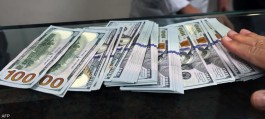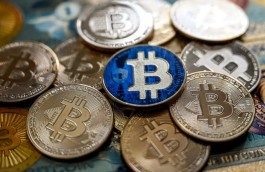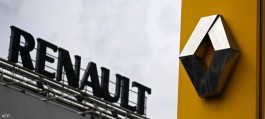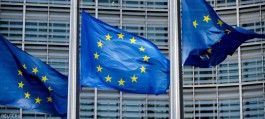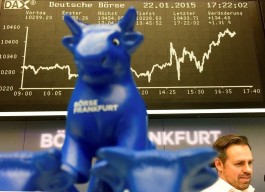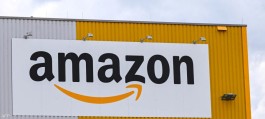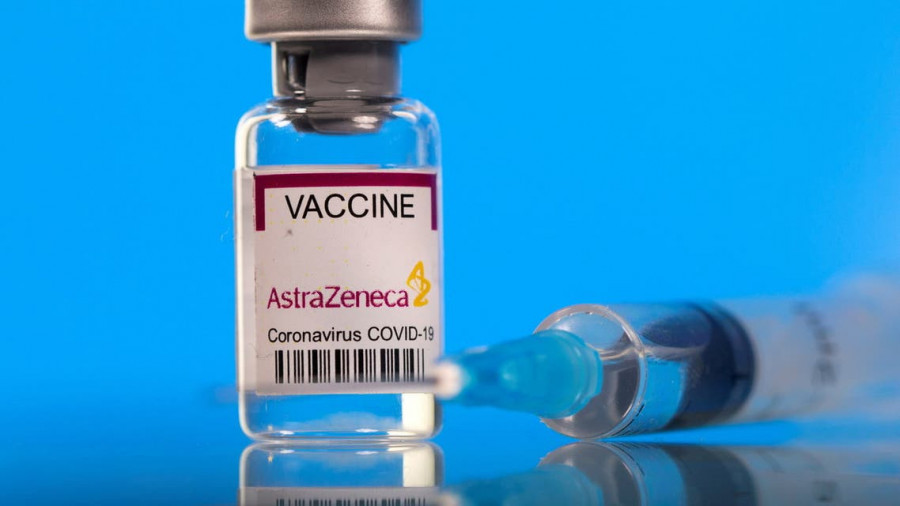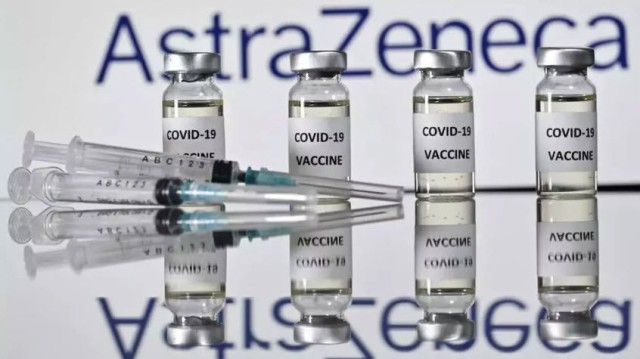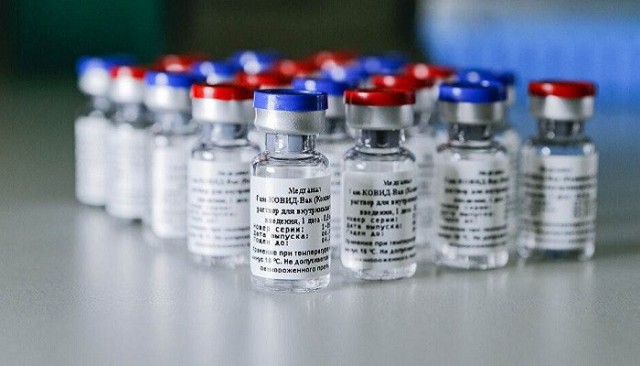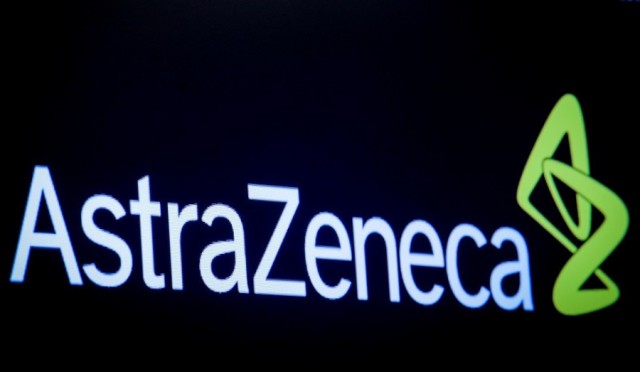During the coronavirus pandemic, AstraZeneca sold its coronavirus vaccine at cost during the crisis, as part of a promise to release the vaccine, but the Anglo-Swiss company said Friday in a report. On its third-quarter earnings, it will begin pricing its vaccine to achieve a modest profit as new orders are received.
According to Arab Net, countries were paying about $3 or $4 per dose for the two-dose AstraZeneca vaccine, depending on the company's current pricing model.
In comparison with the Pfizer/Biontech and Moderna vaccines, AstraZeneca has been the backbone of efforts to vaccinate residents of poor countries, many of which face severe vaccine shortages. About 1.1 billion doses of the AstraZeneca vaccine had reached low- and lower-middle-income countries as of around the end of October.
The company's CEO, Pascal Soriot, told analysts Friday that AstraZeneca would gradually move to a for-profit approach, but added that the company would ensure a vaccine was within reach of low and middle-income countries. income. He did not give details of the new pricing, according to the New York Times.
Last year, AstraZeneca pledged not to benefit from its vaccine during the pandemic, but the company reserved its judgment on when to declare the crisis over. Researchers at Oxford University, who led early development of the vaccine, said they partnered with AstraZeneca in the spring of last year in part because the company agreed with their vision for low-cost pricing for the vaccine.
UK health officials provided early funding to the Oxford team. Nick Dearden, director of the British Global Justice Group, said in a statement that the company's decision to start benefiting from the vaccine shows the utter foolishness of giving up publicly funded science to major pharmaceutical companies, according to the newspaper.
A company spokesperson said AstraZeneca and its production partners around the world had released more than 1.7 billion doses of the vaccine by the end of October, to supply more than 170 countries.
The company said its vaccine generated $2.1 billion in revenue through the end of September. It expects that its revenue from the vaccine in the last three months of this year will come mostly from existing non-profit orders, with a small contribution from more profitable new orders.
















